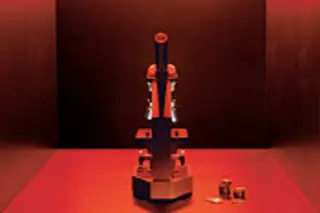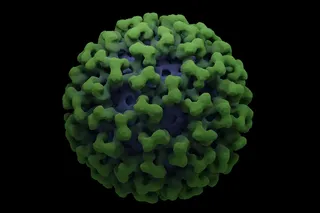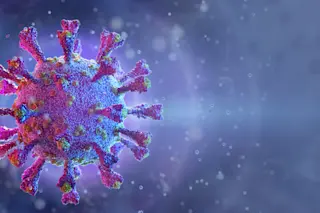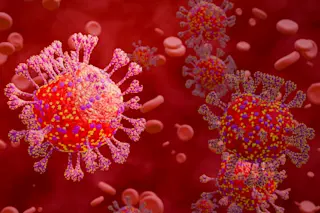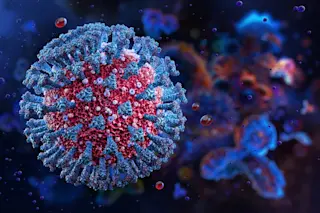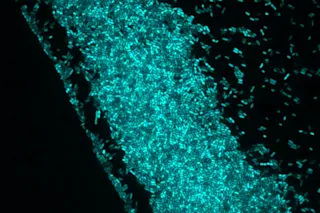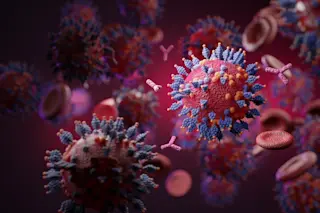Yorghos Apostolopoulos was at his office at the Emory University School of Medicine in Atlanta last October when his red voice-mail light started glowing. When he picked up the phone, he heard a somber voice. “We need to speak,” said the caller, a program officer at the National Institutes of Health, which funds Apostolopoulos’s research on infectious disease. Her voice was drained of its usual casualness. “Don’t have any of your assistants call,” she said. “I want to speak with you personally.”
Apostolopoulos is a confident Athenian with a mop of salt-and-pepper hair and an intensity that belies his compact frame. With the NIH’s help, he has been pursuing a cutting-edge question about human behavior: How do networks of people—in particular, long-haul truck drivers—work together to accelerate the spread of an epidemic, even when some of them don’t know one another? Epidemiologists have long connected the spread of HIV in ...


